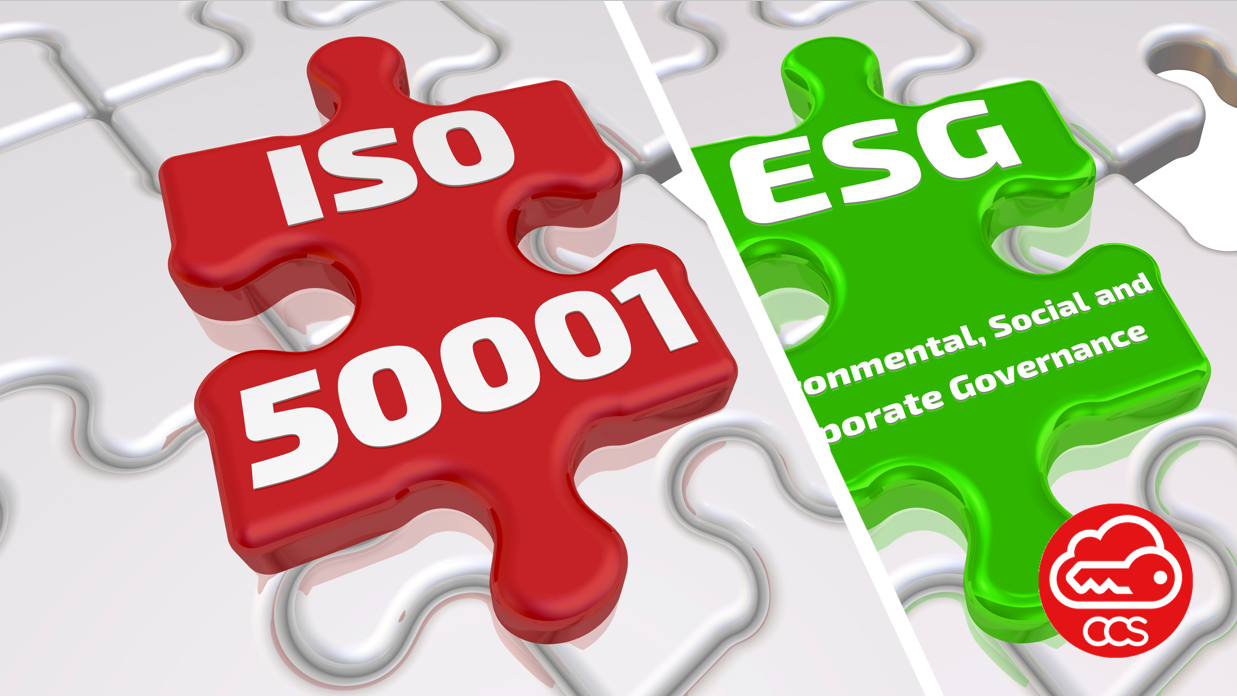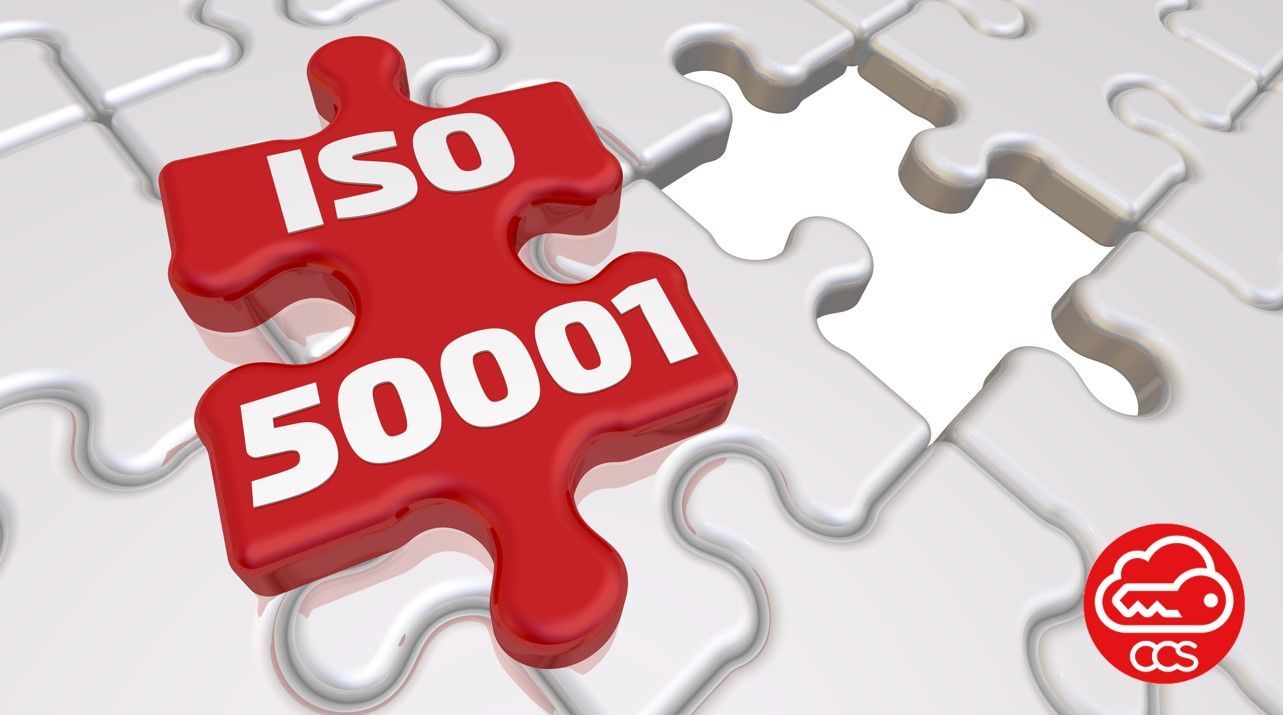Integrating ISO 50001 into ESG Strategies for Sustainable Business Practices
Environmental, Social, and Governance (ESG) considerations are becoming increasingly critical for companies aiming to demonstrate their commitment to sustainability. Among the many frameworks available to support sustainability initiatives, ISO 50001 stands out as a powerful tool for managing energy use and improving energy performance. In this article, we explore how ISO 50001 aligns with ESG principles and contributes to holistic sustainability efforts.
Understanding ISO 50001
ISO 50001 is an international standard developed by the International Organization for Standardization (ISO) that provides organizations with a systematic approach to improve energy performance, reduce energy consumption, and lower greenhouse gas emissions. The standard outlines requirements for establishing, implementing, maintaining, and improving an energy management system (EnMS).
At its core, ISO 50001 emphasizes continual improvement, efficiency gains, and cost savings through better energy management practices. By implementing ISO 50001, organizations can identify energy-related risks and opportunities, set objectives and targets for energy performance improvement, and track progress toward achieving them.
The Intersection of ISO 50001 and ESG
ESG encompasses a broad spectrum of environmental, social, and governance factors that can impact a company's long-term sustainability and success. ISO 50001 contributes to each of these dimensions in the following ways:
- Environmental Responsibility:
- ISO 50001 helps organizations reduce their environmental footprint by optimizing energy use and minimizing waste. By improving energy efficiency and transitioning to renewable energy sources, companies can lower their greenhouse gas emissions and mitigate their impact on climate change—a key environmental consideration within the ESG framework.
- Social Impact:
- Energy management initiatives guided by ISO 50001 can have positive social implications. By reducing energy consumption, organizations can lower their operational costs, which may translate into more affordable products and services for consumers. Additionally, improved energy efficiency can create job opportunities in sectors related to renewable energy and energy efficiency technologies, contributing to economic growth and social welfare.
- Governance and Accountability:
- ISO 50001 promotes strong governance structures and accountability mechanisms for energy management. By establishing clear roles, responsibilities, and procedures for energy-related decision-making and performance monitoring, organizations can enhance transparency, compliance, and risk management—key elements of effective corporate governance within the ESG framework.
Leveraging ISO 50001 for ESG Integration
To effectively integrate ISO 50001 into their ESG strategies, organizations can take the following steps:
- Set ESG-aligned Energy Objectives:
- Align energy management objectives established under ISO 50001 with broader ESG goals and targets. Consider how energy efficiency improvements can contribute to ESG performance indicators such as carbon footprint reduction, resource conservation, and social responsibility.
- Engage Stakeholders:
- Foster stakeholder engagement and collaboration around energy management initiatives. Seek input from employees, suppliers, customers, investors, and other relevant stakeholders to identify opportunities for energy savings, innovation, and value creation that align with ESG priorities.
- Measure and Report Progress:
- Implement robust monitoring, measurement, and reporting systems to track energy performance and ESG-related outcomes. Regularly communicate progress and achievements in energy management and ESG performance to stakeholders through transparent reporting mechanisms.
- Integrate with Other Management Systems:
- Integrate ISO 50001 with existing management systems, such as ISO 14001 for environmental management and ISO 45001 for occupational health and safety, to create a comprehensive framework for sustainable business practices. Leverage synergies between different standards to streamline processes, enhance efficiency, and maximize benefits.
Incorporating ISO 50001 into ESG strategies can enhance the effectiveness of sustainability initiatives and support organizations in achieving their environmental, social, and governance objectives. By prioritizing energy management and embracing a culture of continuous improvement, companies can drive positive outcomes for the planet, people, and profit—a win-win-win scenario that aligns with the principles of sustainable development and responsible business practices.



